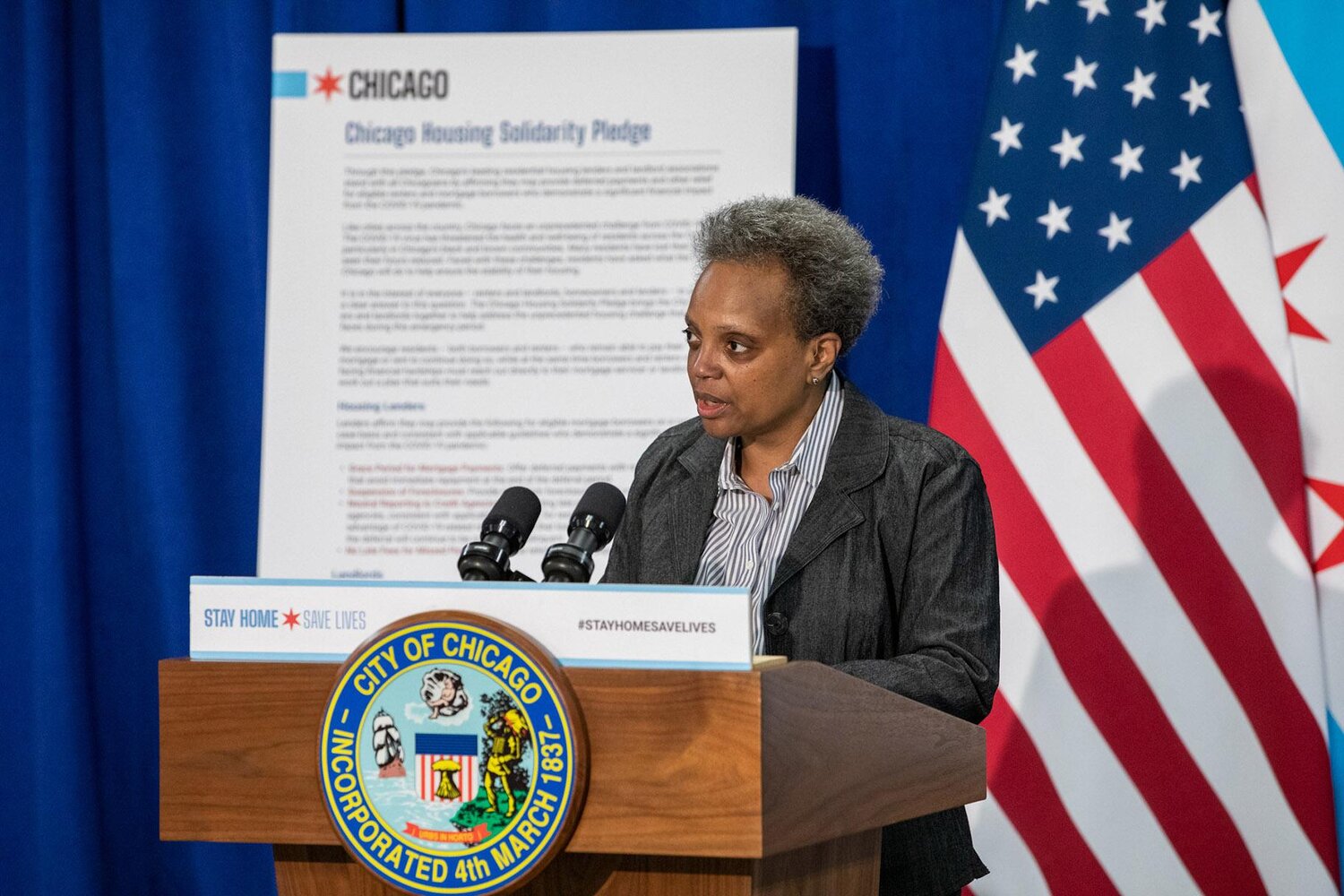Mayor Lightfoot’s “Fair Notice” Ordinance Evolves into a “Right to Cure” Ordinance and Creates a Seismic Pro-Tenant Shift in the Chicago Residential Eviction Landscape

The Chicago Residential Landlord Tenant Ordinance (“CLRTO,” Chi. Mun. Code § 5-12-010 et seq.) is a landmark tenants’ rights ordinance enacted during Harold Washington’s tenure as the city’s mayor in 1986. The CRLTO has an expansive scope making quick summary impossible but can be generally understood as “pro-tenant” legislation that vests rights in the city’s residential tenants not otherwise provided by common law or state statute. If you are curious, the City of Chicago maintains a website with a brief summary and the actual text of the CRLTO here.
The CRLTO has been remarkably contentious since its enactment – tenants generally love it and landlords generally hate it. Despite this, and excepting several small trivial amendments, there has been an unofficial “détente” between the city’s various lobbying groups since the CRLTO’s initial passage. No one wants to touch it for risk of opening the floodgates of amendment which may, ultimately, make things worse from their perspective. As a result, the CRLTO and the general landscape of landlord-tenant legal relations in the city have remained largely unchanged since its enactment.
However, earlier this year three coronavirus-response ordinances were proposed in the Chicago City Council. Each of these ordinances (BRIEFLY summarized infra) facially attempted to amend the CRLTO in one substantive way or another.
- The Lawyers’ Committee for Better Housing / Progressive Caucus’ “Just Cause” ordinance (O2020—3449), an expansive re-writing of landlord-tenant law including, inter alia, limiting the reasons a landlord can lawfully evict a tenant to those specifically enumerated by the ordinance and mandating a landlord pay tenants a relocation assistance fee of $10,600 some certain types of evictions.
- The Progressive Caucus’ “Rent Relief” ordinance (O2020—2235), a temporarily halting of evictions for nonpayment caused by corona-virus related economic hardship.
- Mayor Lightfoot’s “Fair Notice” ordinance (O2020—2862), which, as originally drafted, lengthened the notice period a landlord must give a tenant before not renewing their rental agreement and providing for relocation assistance of $2,500 under some specific circumstances.
Since being introduced, the “Just Cause” ordinance and “Rent Relief” ordinance described above have been sent around the City Council’s various committees for review, hearing, and argument. Not so, for the Mayor’s “Fair Notice” ordinance!
The Mayor’s “Fair Notice” ordinance was passed into law on July 22, 2020, after some extremely important last-minute negotiations and amendments which completely dwarf the importance of the “notice” provisions of the ordinance. Specifically, an amendment which “swapped out” the limited scope relocation fee provision described supra and “swapped in” a one-time tenant “right to cure” a prior rent default by paying all back rent then due as well as the landlord’s accumulated costs (excluding attorneys’ fees) at any time prior to entry of an eviction order. CRLTO § 130(a). This “right to cure” is broadly analogous to the statutory right of reinstatement in Illinois mortgage foreclosure proceedings, though, again, details vary. 735 ILCS 5/15—1602.
I have prosecuted and defended countless eviction actions in Chicago during my practice and, risking immodesty, know a quite a bit about evictions and landlord-tenant law in Chicago generally. So, please believe me when I say that this new tenant “right to cure” is a seismic shift in the practical realities of Chicago evictions. Tenants will now have the option to fix their previous non-payment of rent by ponying up all amounts due plus the landlord’s costs. This will allow the tenant to stay in their home while making the landlord “almost but not completely whole” – remember the landlord is not entitled to attorneys’ fees or interest. Landlords will need to pay sharp attention to this dynamic moving forward and, at the very least, make sure that the court and tenant are updated regularly on the total amount of rent and costs due to avoid being shortchanged should a tenant so elect to cure.
Setting aside the several other massive simultaneous legal changes to landlord-tenant relationships ALSO going on in Illinois – eviction moratorium, etc. – this change alone means we are starting a whole new chapter in Chicago evictions and, if you’ll forgive the shameless self-promotion, it will definitely pay to have a good lawyer on both sides of the case caption.
On that note, for trusted, cost-effective, and well-informed legal counsel on this and other landlord-tenant issues, call Cameron & Kane LLC today! 872-588-0727.
Regards,
Scott Kane
